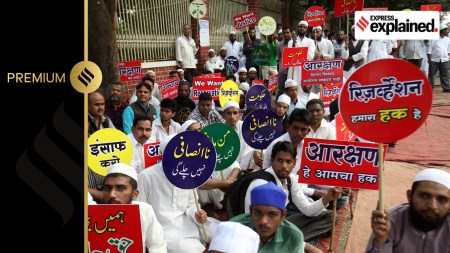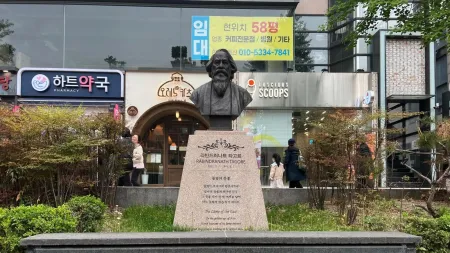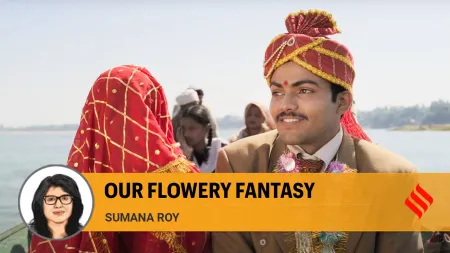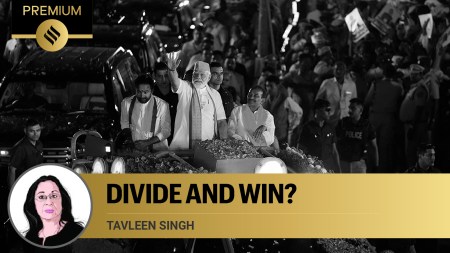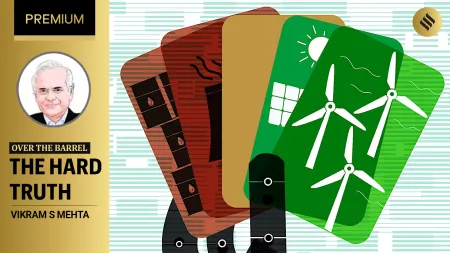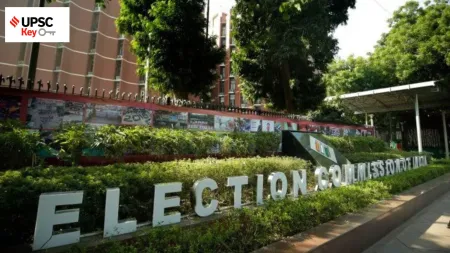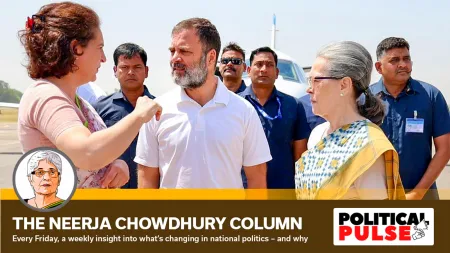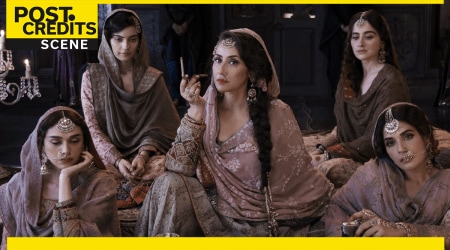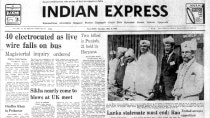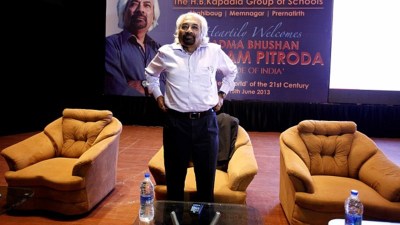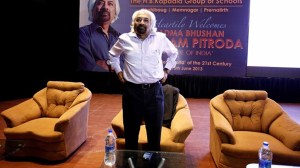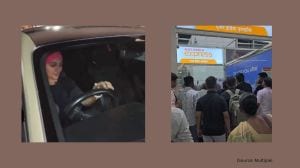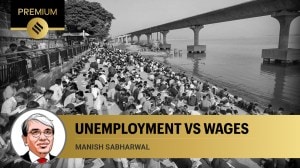- India
- International
A different BSP
Newly visible on social media, the party is more conscious of politics of perception.
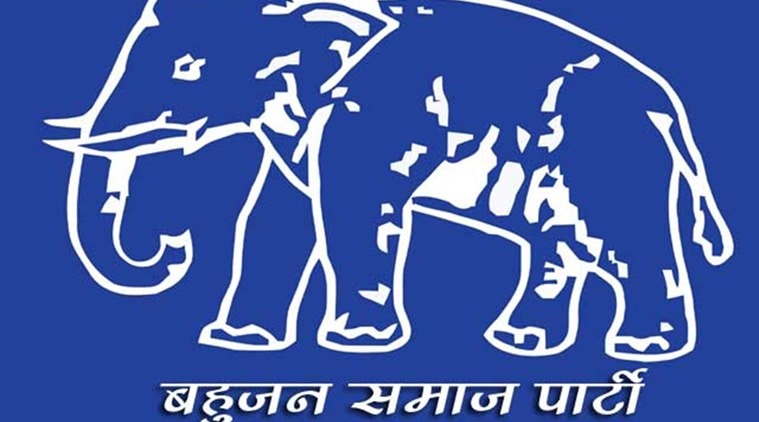 The party is using social media as a campaign vehicle. Slogans such as “Behenji ko aane do” are common on the party’s social media platforms and BSP representatives are active on Twitter.
The party is using social media as a campaign vehicle. Slogans such as “Behenji ko aane do” are common on the party’s social media platforms and BSP representatives are active on Twitter.
One can discern a different BSP in the party’s campaign strategies in the ongoing UP election. Earlier, the party did not participate in media debates and it was not visible on social media. The BSP’s founder Kanshi Ram used to describe the media as “Manuvadi” and claimed it distorted the party’s arguments. But now, Mayawati has been briefing the press regularly and has also been organising frequent press conferences.
The party is using social media as a campaign vehicle. Slogans such as “Behenji ko aane do” are common on the party’s social media platforms and BSP representatives are active on Twitter. The party is also trying to woo voters through videos on YouTube and has roped in Bollywood singers. The BSP’s social media campaign has been projecting Mayawati as a leader who will improve UP’s law and order situation and expand education and employment opportunities in the state.
The term “public perception” has become part of election discourse. Analysts believe that “perception” influences voting behaviour significantly — much more than ground realities. The BSP could not respond to the politics of perception that was perfected by the BJP under Narendra Modi during the general elections in 2014. It is trying to make amends in the current elections.
The BSP would never publish its election manifesto earlier. It has not done so during the current elections as well. But a manifesto of sorts does emerge through Maywati’s election speeches. She has promised to bring in the rule of law and emphasised development issues. She has promised that there would be no communal riots in Uttar Pradesh if her party forms a government in the state. Mayawati has also been trying to address the specific, local requirements of the different regions of the state.
Like other parties contesting the UP elections, the BSP’s strategy of giving tickets is based on caste calculations. The party has given tickets to almost all important castes in the state. The BSP’s political arithmetic is based on the calculation that candidates would bring a large percentage of votes of their respective castes and social communities. Along with these votes, the party is counting on its traditional support base, the Dalits. The party had declared its candidates a year ago and they have had substantial time for door-to-door campaigns and small meetings in villages.

Social engineering has been a major element in the BSP’s electoral strategies since the last decade or so. In the 2007 elections, the party drew on a Dalit-Brahmin alliance that had the support of a few OBC castes. In the current Vidhan Sabha elections, the BSP’s strategy revolves around a Dalit-Muslim coalition. The party has given tickets to 97 Muslim candidates, much more than any other political party. Eighty seven Dalit candidates, 113 candidates belonging to upper castes and 106 OBCs testify to the BSP’s social engineering strategy, called the “politics of sarvajan” by its cadres.
By focusing on reservation, the party is trying to counter the BJP which has, of late, been weaning away Dalits and OBCs from the BSP. In her speeches, Mayawati has highlighted the statement by M.G. Vaidya during the Jaipur Literature Festival in January where the RSS ideologue reportedly opposed reservation.
EXPRESS OPINION
More Explained
May 08: Latest News
- 01
- 02
- 03
- 04
- 05



